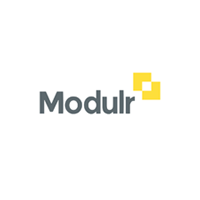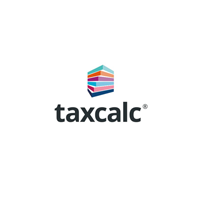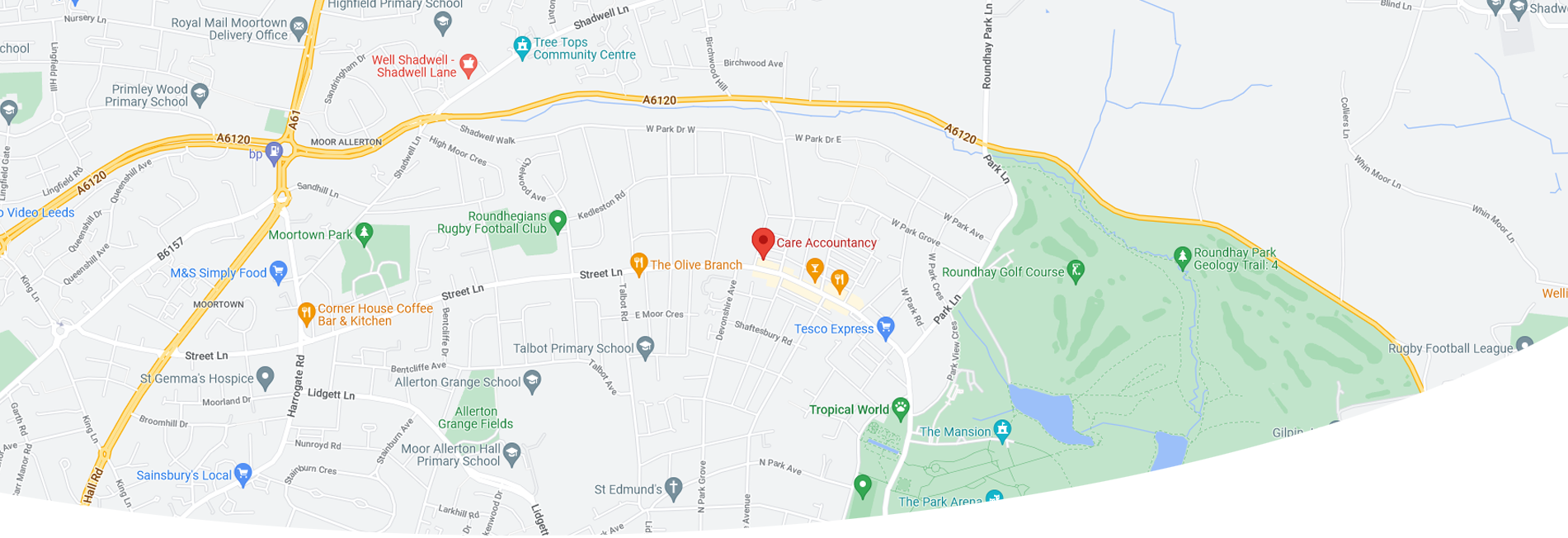Trusts and
Estates
Estate mainly means the money, property, financial assets, and most of the other assets owned by a person, especially at the time of death. If Estate Planning is ignored or not done carefully, the results can be catastrophic, and the inheritors may end up paying a considerable amount in inheritance tax. When the incidence of inheritance tax falls upon the legal heirs, they, instead of enjoying the benefits from the inherited estate.
The beneficiaries find themselves struggling to deal with the inheritance-related issues and pay a huge amount of inheritance tax not otherwise anticipated. Estate planning can therefore address the issues relating to inheritance and related taxes. Planning can improve the chances of better utilization of the allowances and reliefs to reduce the associated amount of inheritance tax. Please see our Estate Planning page for more information.


Helping you to
Live your dreams!
Estate Planning involves consideration of a series of long term actions including identifying your Assets, setting up of Trusts, writing of Wills, identifying Trustees, Executors and Guardians, drawing Powers of Attorney, and managing the Estate.
The process of Estate planning determines how an individual’s assets will be preserved, managed, and distributed after death, as also the management of the properties and financial obligations in case of his incapacitation.
Those involved in the Estate or Inheritance planning want to ensure that the wealth is managed and ends up going to the right people. The purpose of planning is to ensure how the inheritance tax liability can be kept to a minimum. This may require drawing a “Will” while the deceased is still alive and/or by making gifts to reduce the size of the taxable estate. Sometimes these measures alone may not be sufficient, or there may be a need to resort to other methods.
Setting up of a Trust
Trust is a likely option to protect the family from a large inheritance tax, delay in distribution of Estate after death, offer other benefits, all of which are part of the Estate Planning process. However, setting up a Trust can be an intricate process itself.
Besides Estate planning and dealing with the assets as per deceased wishes, Trusts can also serve other purposes such as managing tax consequences on Estate and potentially protecting your wealth in later years. The Trust conduit is also used when the beneficiary is in no position to manage the assets themselves, for example, due to their incapacitation or of them being of minor age.
Placement of assets under a Trust also ensures that they are reserved for a particular beneficiary rather than being spent or otherwise disposed of. Trusts are legal arrangements in which a Trustee holds the assets in trust for the benefit of a beneficiary. Trusts are also used to set up for financial care of your children and long-term planning for your dependents.
On the death of the estate owner, his beneficiary can either inherit all the wealth at once on his death, or once when they attain the age of majority, or alternatively they have access to an income stream as the Trust continues to hold the assets and generate the income from it.
Disclaimer
Objective
When Trusts are formed the assets are held and can be managed by a third person known as a Trustee for and on behalf of the beneficiaries. The Trustees are then responsible to ensure that the Estate is treated exactly in the same manner as directed. Trusts are not only limited to large-sized estates but in fact, they can be suitable for every estate regardless of its size. One can set up a Trust during his/her lifetime or can make it a part of the Will.
Benefits
The benefits of establishing Trusts are tax savings, facilitating beneficiaries, providing quick access to the Estate Assets than they do in the case of a Will, where a Probate is also involved. In a Trust, the Estate can conveniently be kept out of the scope of the Probate, thus saving time, probate expenses, and court fees. Other benefits of establishing a Trust include:
- Trusts offer better control over the estate as terms of the Trust can be specified explicitly to cover when and to whom the distribution of the Estate will be made. A revocable trust offers retention of some control over the estate, and it is possible to change the terms of the estate during the lifetime of the deceased.
- Trusts are conduits to protect the legacy from creditors and, in some cases, for such beneficiaries who are not in a position to manage the Estate themselves.
- Trusts allow the Estate to the beneficiaries outside the Probate and can remain private, as against a Probate under a Will which is a public record.
- The Trusts are better to reduce estate-related expenses and quicker than a Will. Will involves Probates, court fees, other taxes, and long delays in settling the estate-related assets.
- The establishment of a Trust can be specified in the Will, which goes into effect upon death, known as Trusts under Will or Will Trust. The Will instructs how the Trust should be set up and its conditions and the whole process can remain private.
- Different types of assets can be put into the Trust which requires transferring of the title of the assets with the Trust as their owner. Typical assets that can be used to fund a Trust include home and other properties, accounts and investments, cash and savings, stocks, bonds, financial certificates, and other tangible assets like jewelry, vehicles, etc.
How To Name A Trust?
Naming a Trust is an integral part of the Trust formation process. Most people name their Trust as something related to their family. This serves as a good technique as the name is easy to remember, and it also makes sense when the assets are transferred into the Trust, which is named a Family Trust.
How To Fund A Trust?
After a Trust has been established, assets have to be put into it. This is known as funding the Trust whereby assets are transferred into the Trust who then becomes the owner of the Estate assets. Until the assets are moved into the Trust, it has no value and serves no purpose. Funding a Trust is a simple process and involves renaming the assets as trust-owned assets.
Trusts are usually helpful in Estate and inheritance tax planning. The wealth distribution can also be quite a complex scenario, especially for married couples or those in a civil relationship. The complexities may multiply with more than one marriage, with children and stepchildren.
How Can Care Accountancy Help You?
Care Accountancy can advise you in setting up a Trust. Proficiency is needed to manage the settlement process and managing the Trust accounts. We can help you establish Trust according to your wishes with specified terms and conditions.
We can help you organise the Trust for you in a way that is beneficial so that the income and the capital eventually referring to different beneficiaries and other people are transferred with minimum tax liability.
Our expert services can guide you in the areas of Estate Planning, Wills, and Trusts with utmost care and in the following areas-:
- Transferring the assets into a Trust
- Execution of a Will and ensuring its tax efficiency
- Transfers between spouses, which lowers the scope of inheritance tax
- Gifts of business property, like shares in the family business
- To avail Nil or a lower rate of tax for a lifetime transfer
- Life insurance is written into Trust, which is not liable to inheritance tax
- Gifting agricultural property which is tax-exempt
We can also advise on issues related to the formation of Trusts, their benefits, and why a particular structure would be most suited to specific needs.
We are proficient enough in Trust formation, and our clients love to work with us due to our exclusive distinction in this field.
You can find more information about the trusts on Gov.UK.

Get in Touch
Rhoundhay
Leeds
LS8 2AL, UK
Coventry Road
Birmingham
B26 3EJ, UK
0121 7268 542
info@careaccountancy.co.uk











